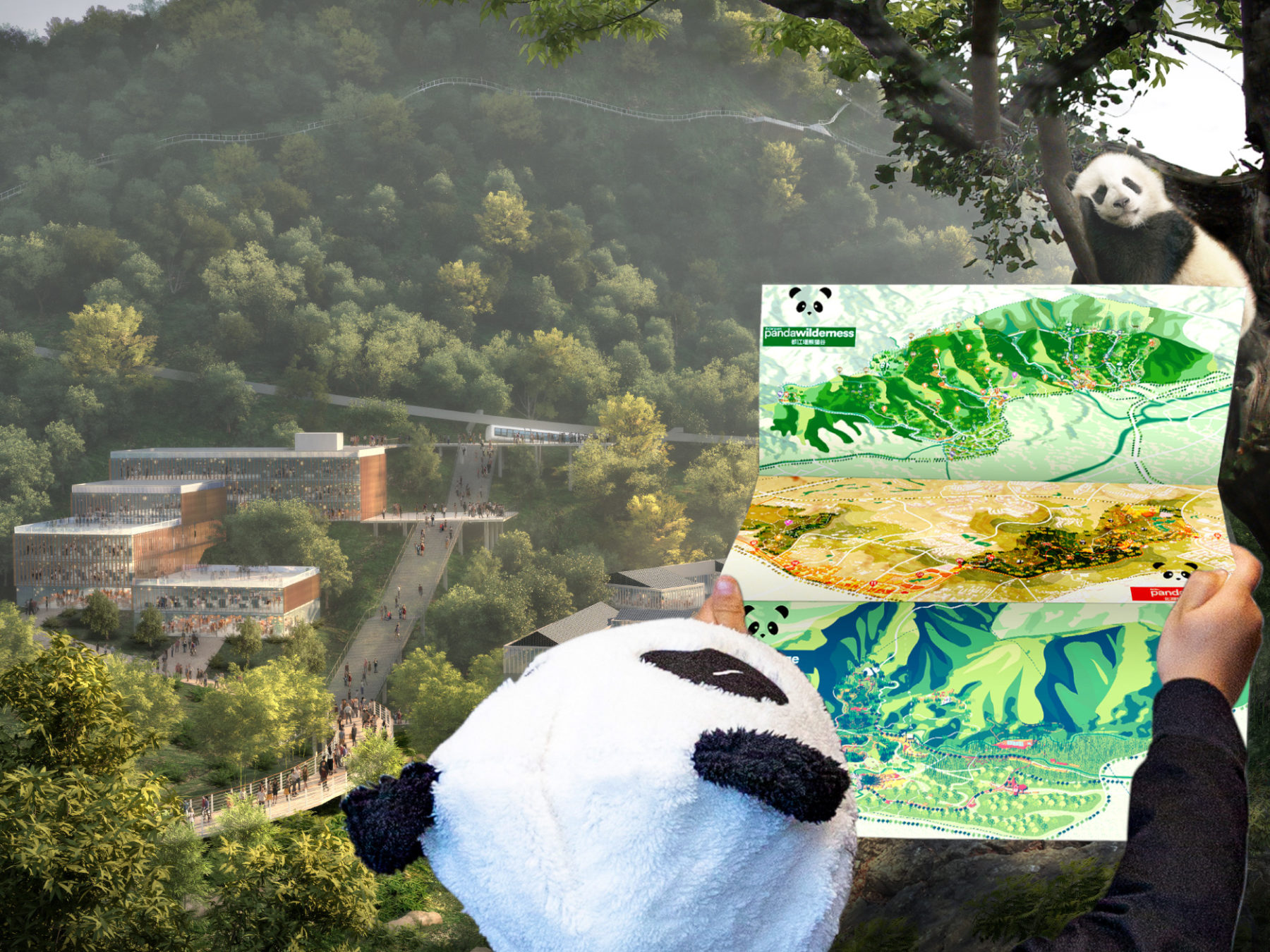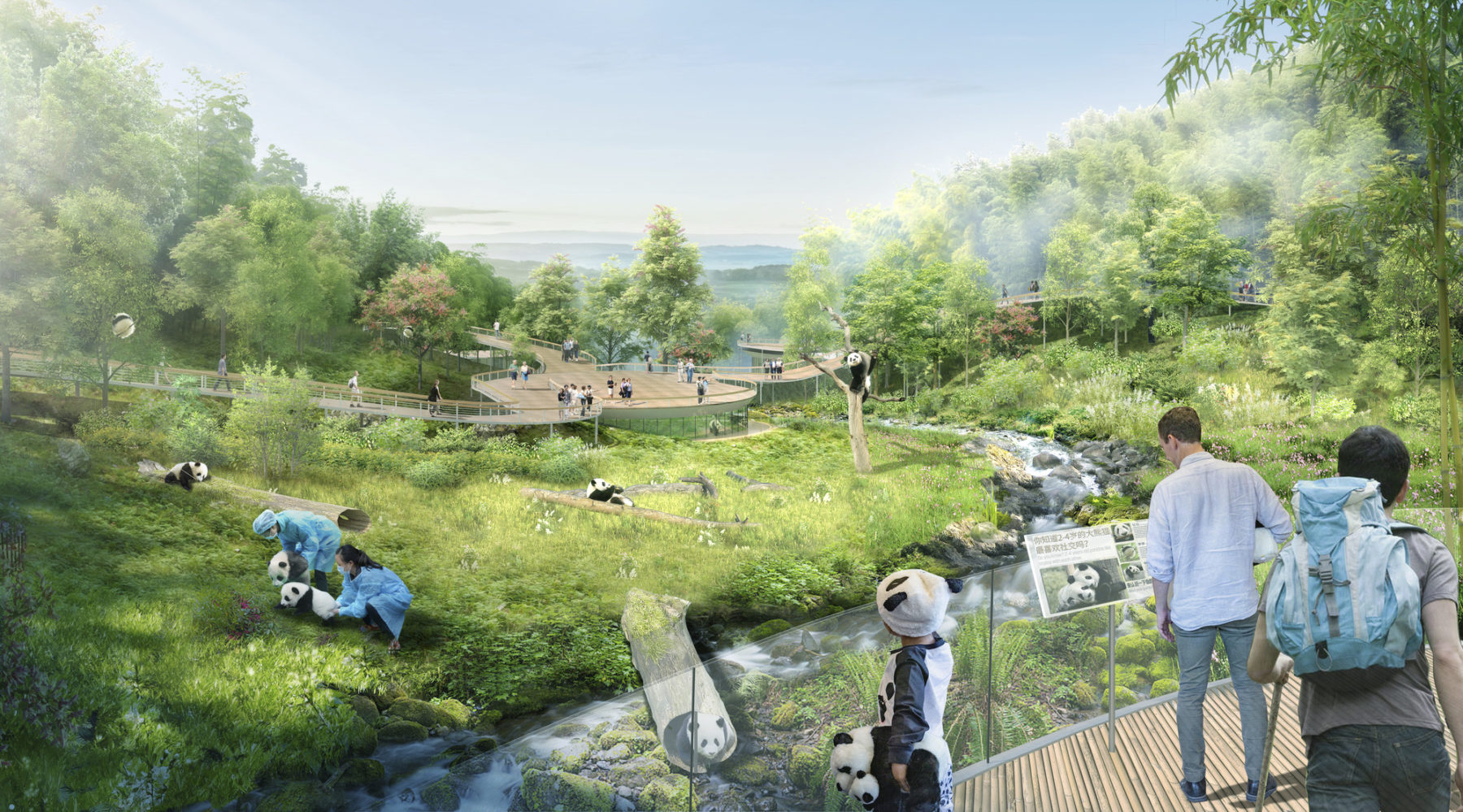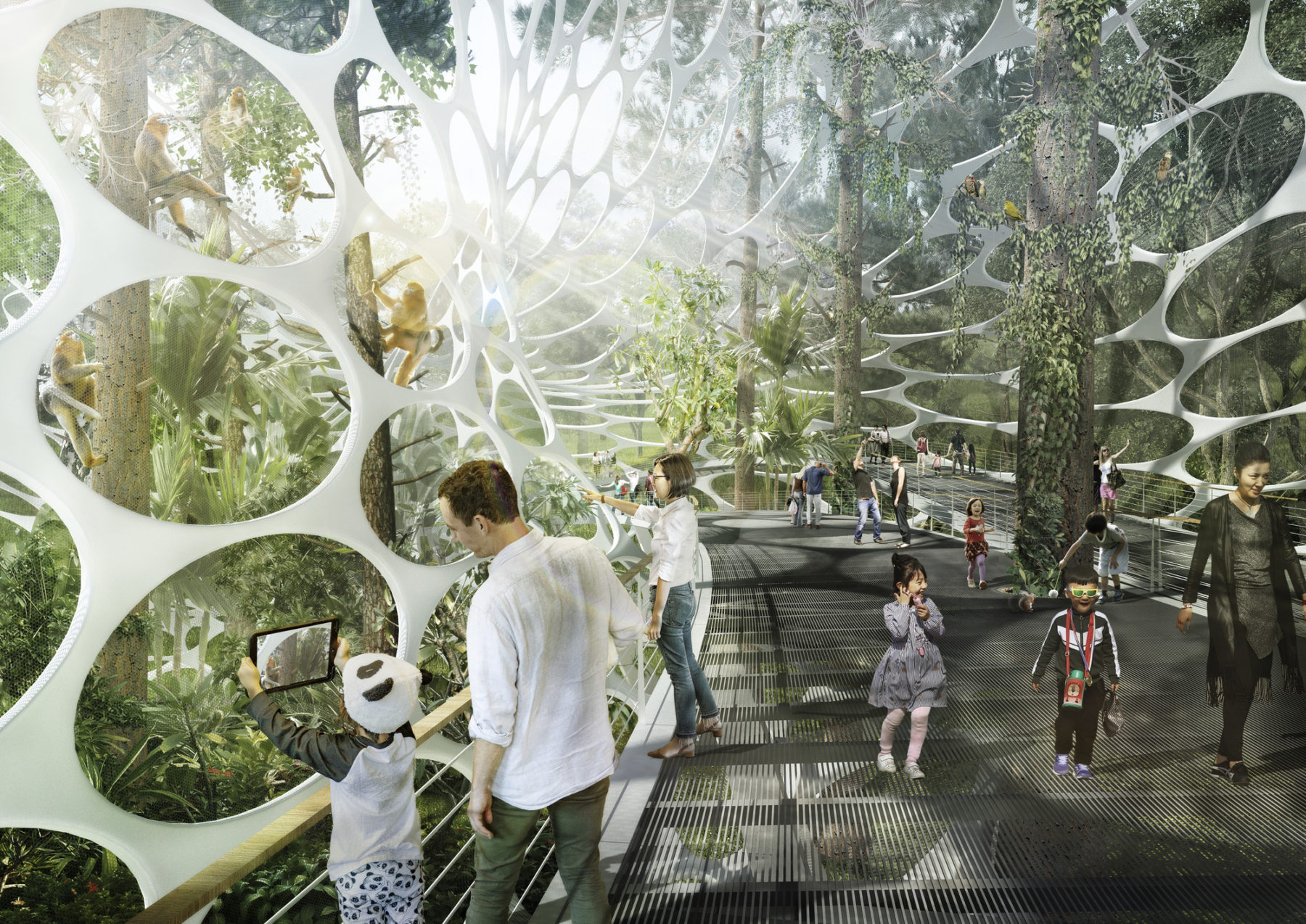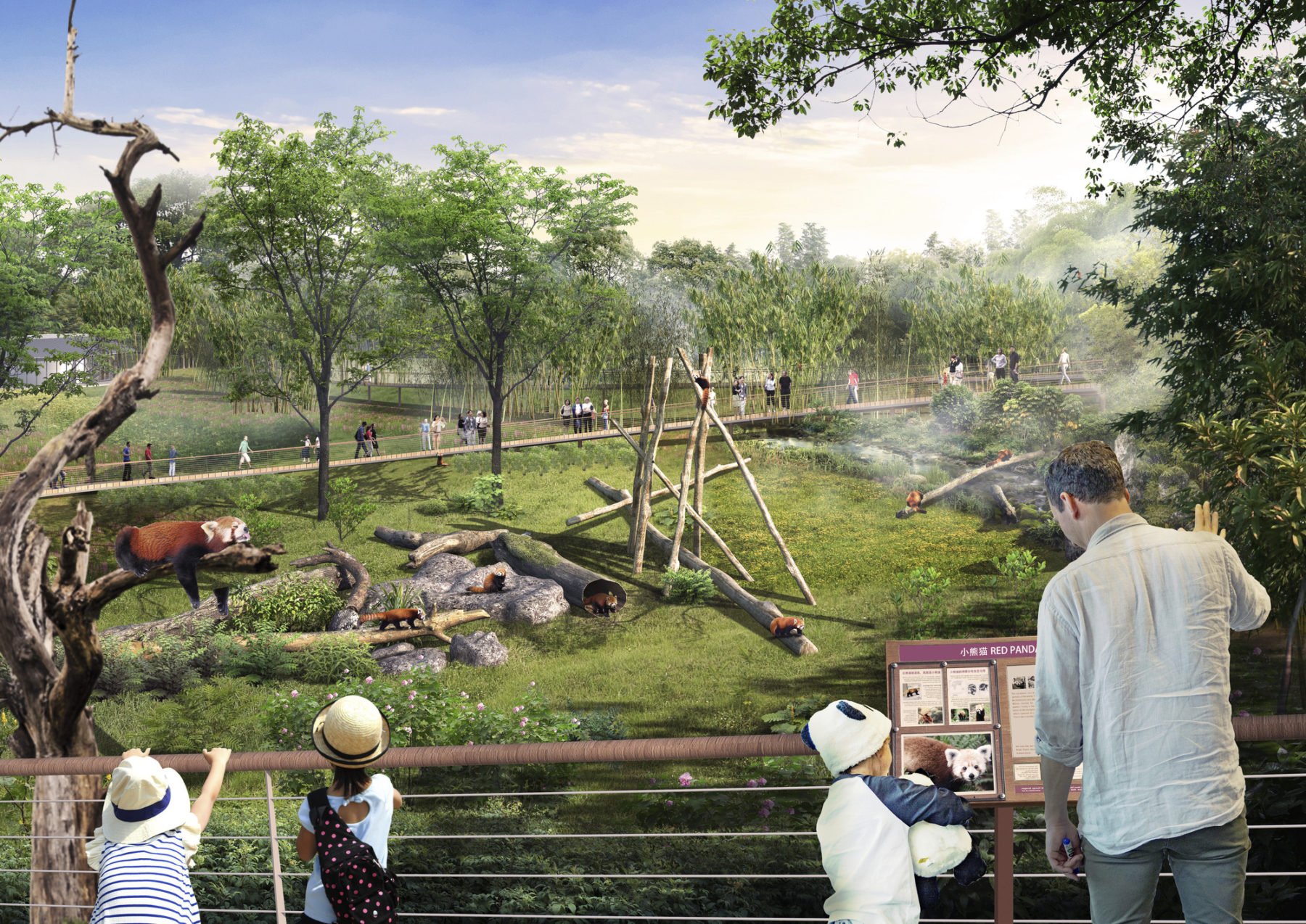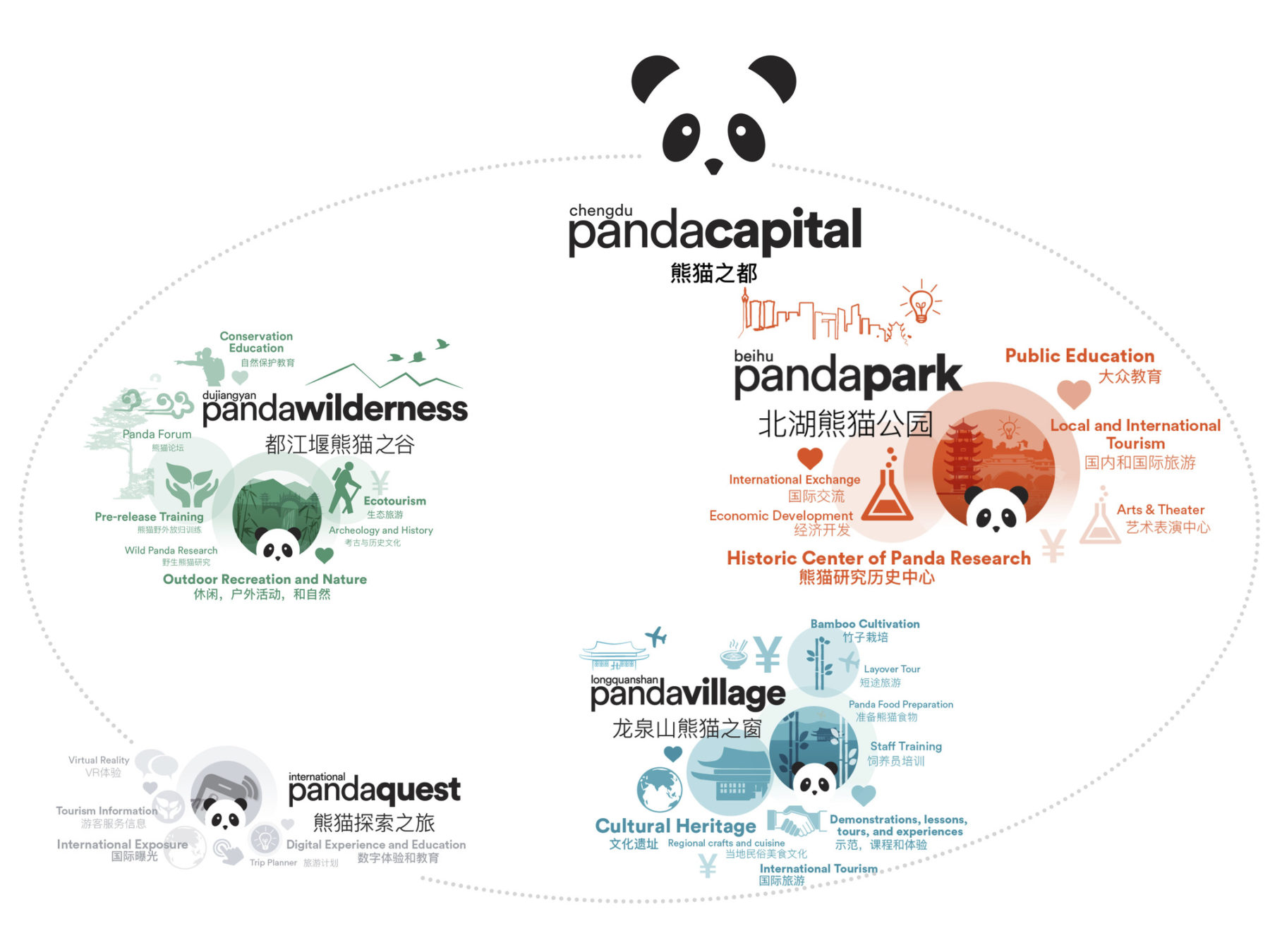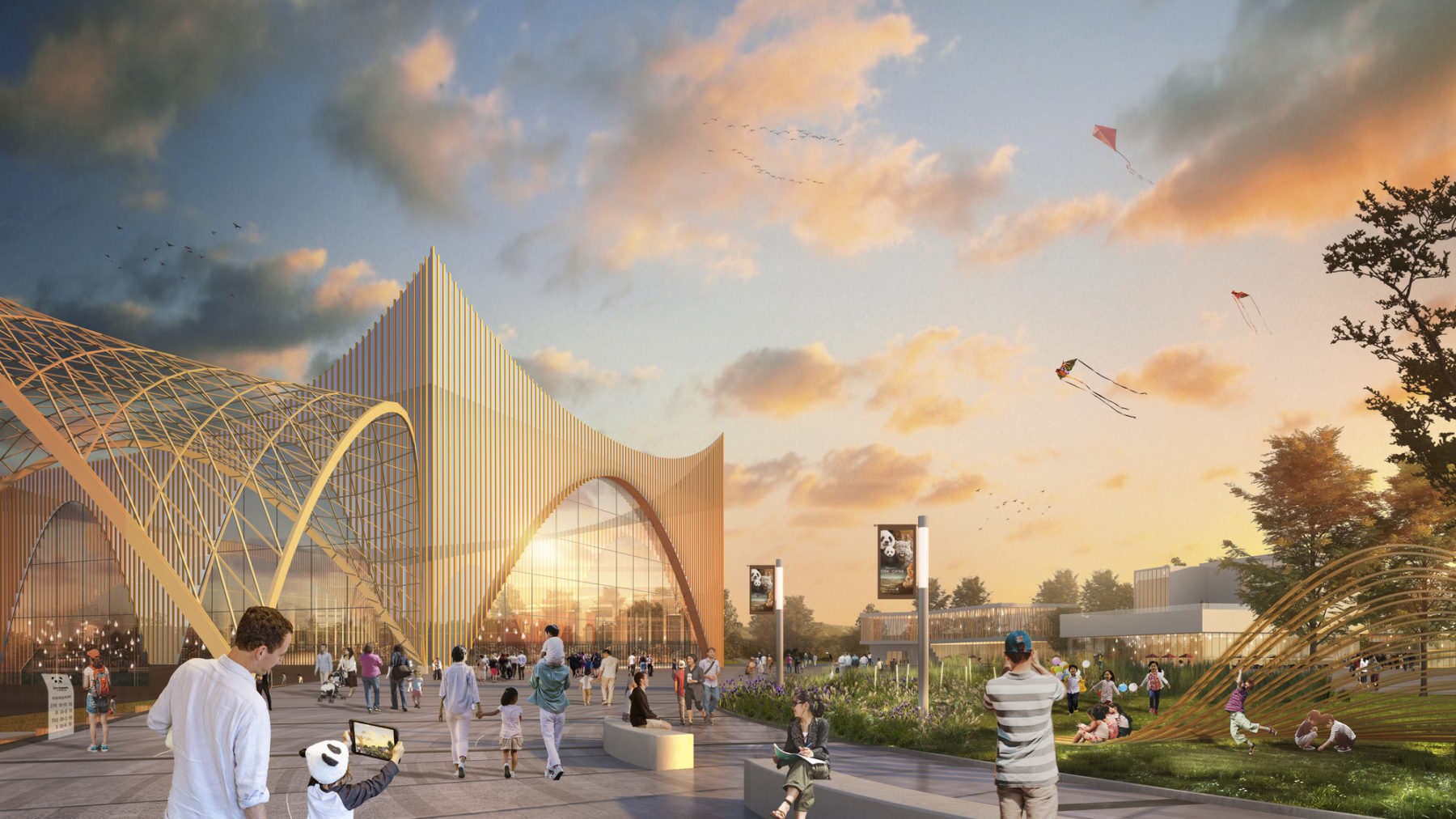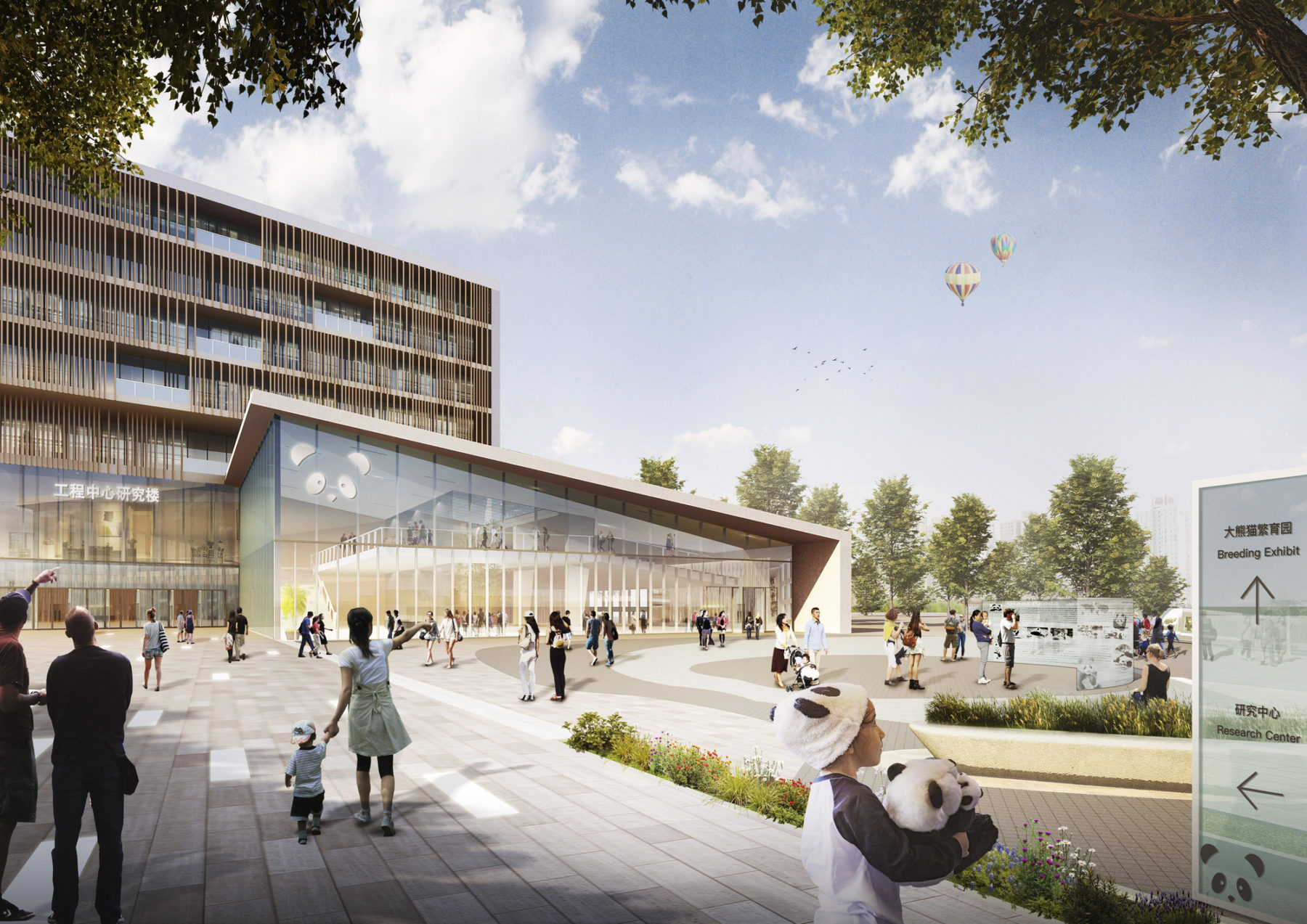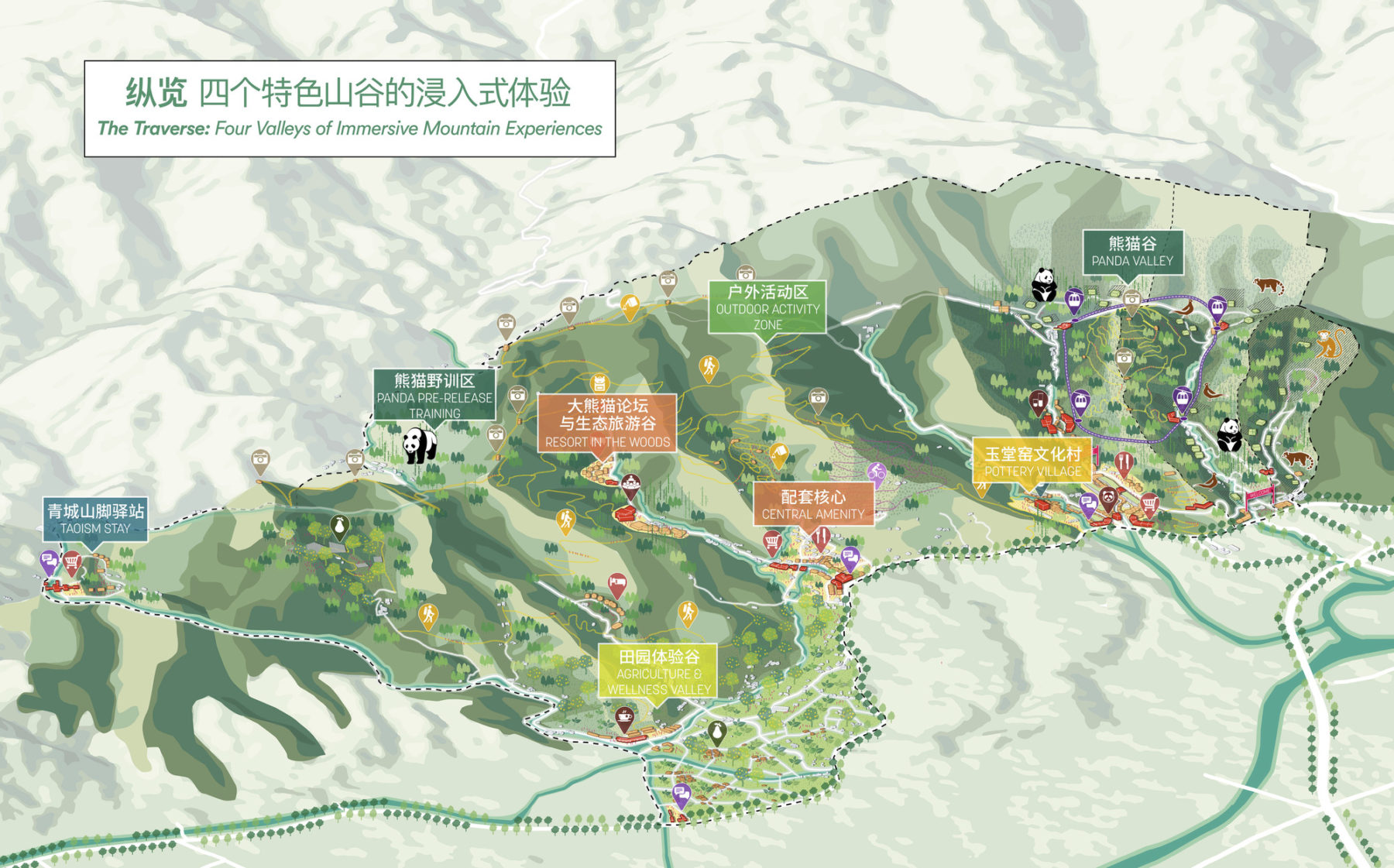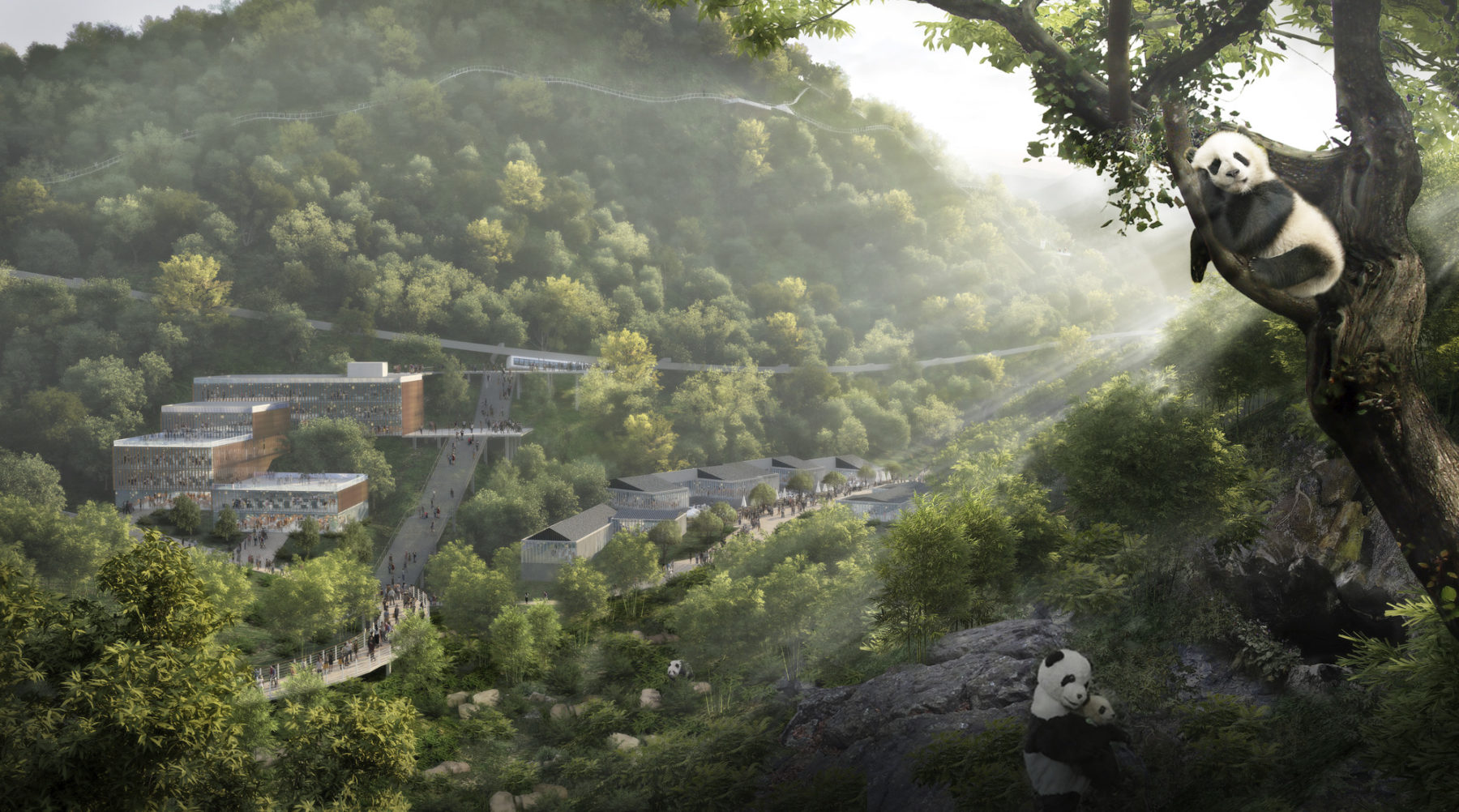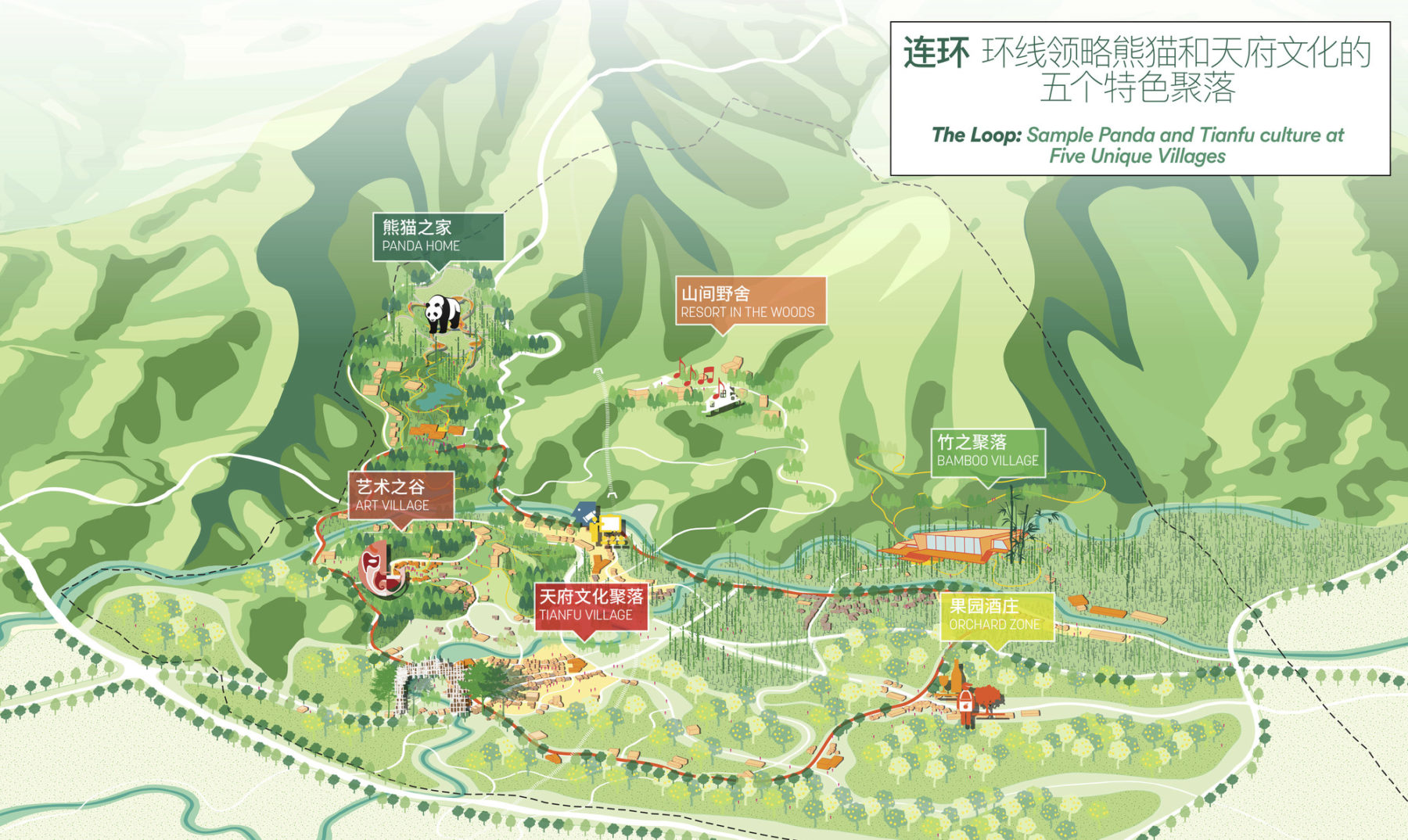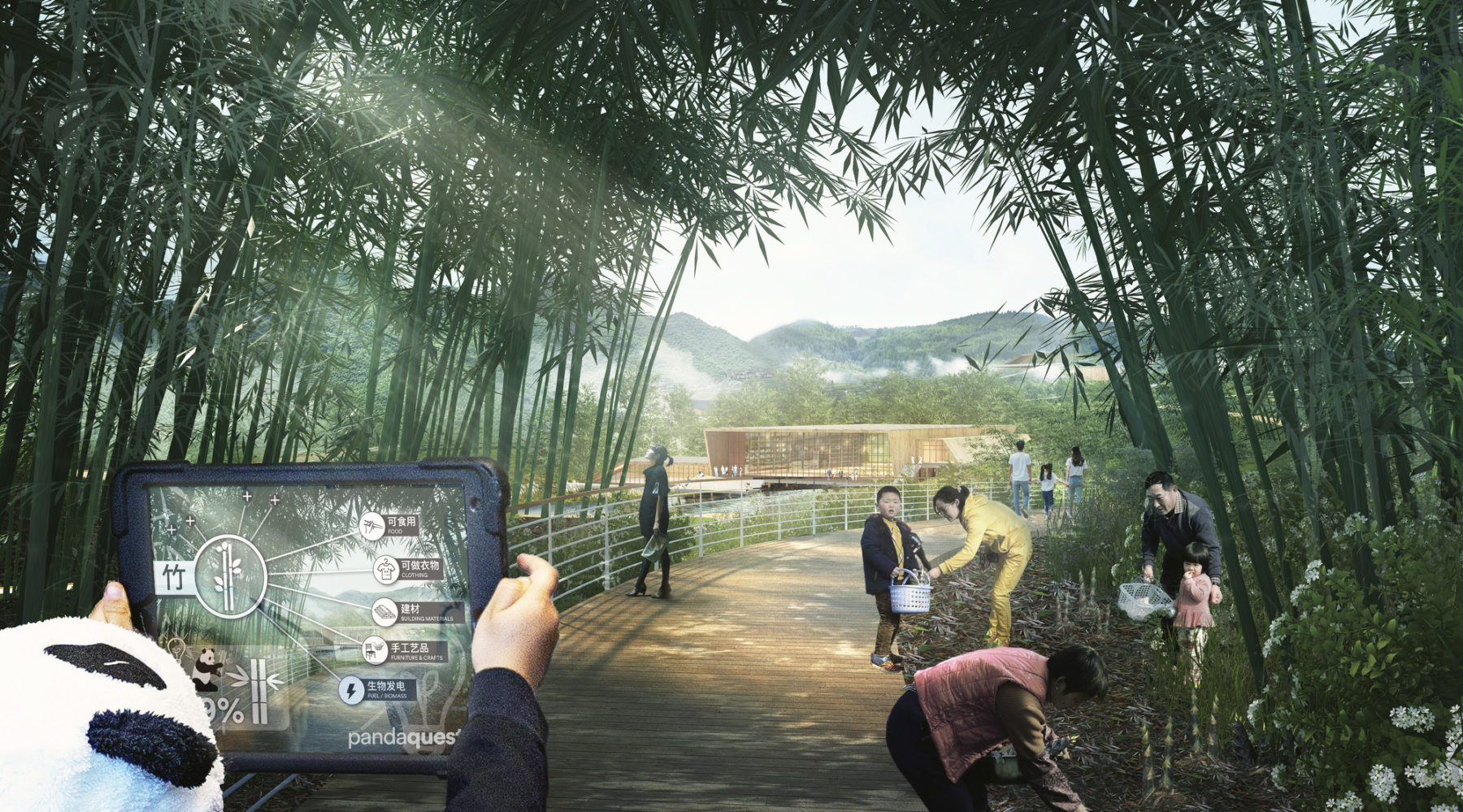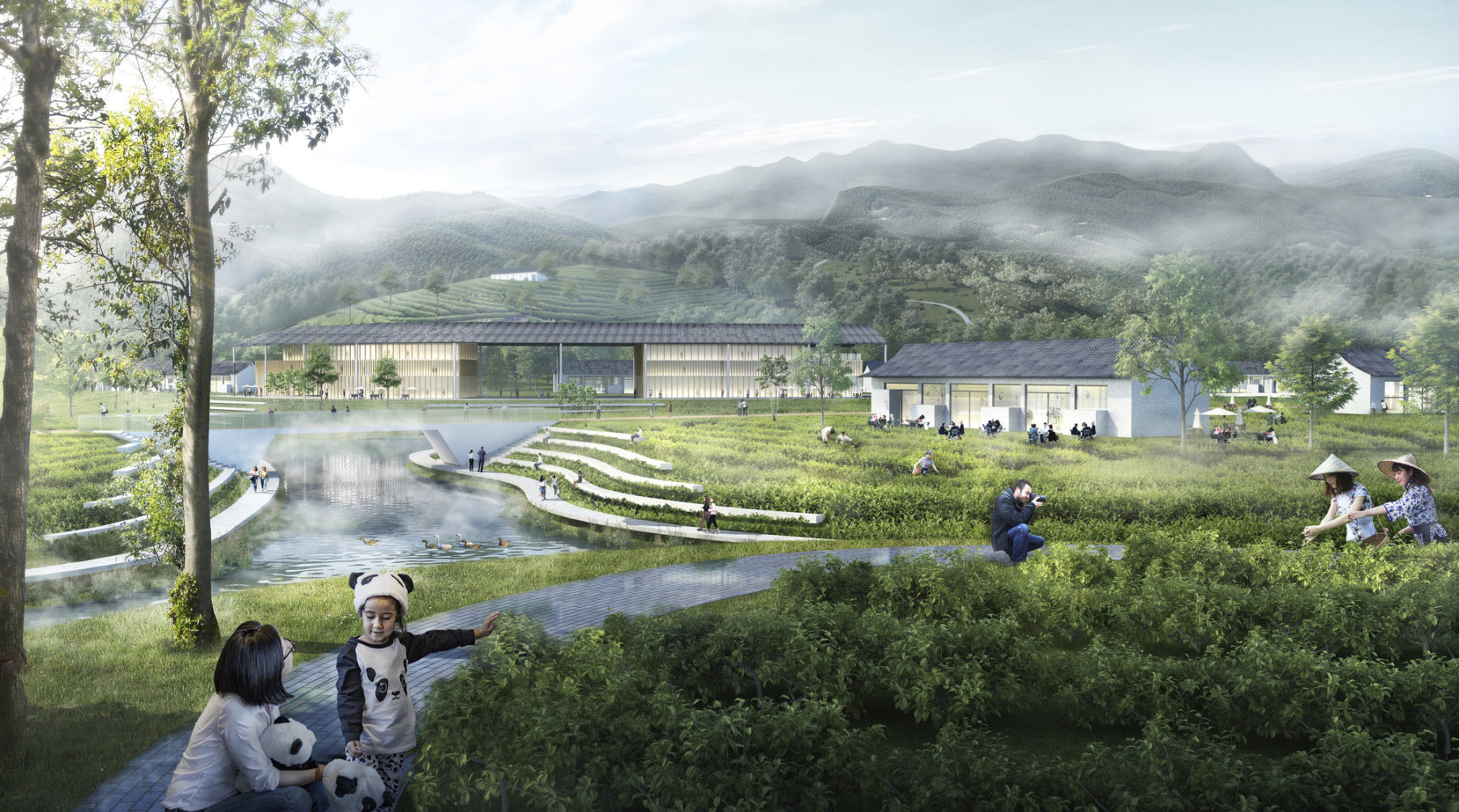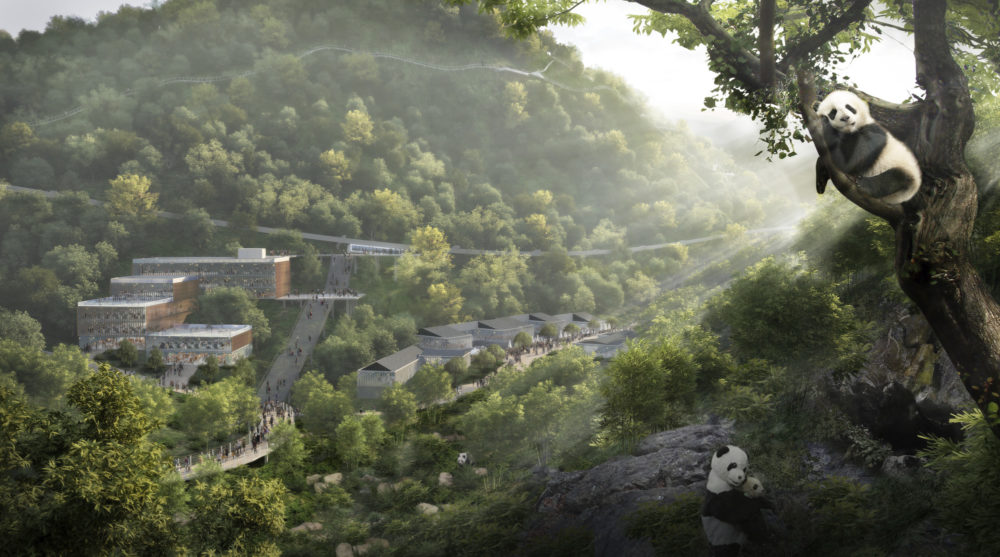The giant panda is an icon of Chinese culture and a symbol for wildlife preservation efforts around the world. With only about 1,800 left in the wild, it is one of the most vulnerable species on Earth. Although a staple at many zoos around the world, giant pandas are native to only one region in western China near Chengdu, which is also one of the fastest growing cities in the world. Although urbanization and conservation are often in conflict with each other, the 69 square kilometer Chengdu Panda Reserve provides a framework for the protection of the giant panda and its native habitat, and strategies which will lead Chengdu into a more resilient future.

